Building a three-bedroom flat in Nigeria in 2026? Omo, you sabi! It’s a massive milestone, but let’s be honest: the financial aspect can give anybody serious headache.
With inflation performing Olympic-level jumps and the price of cement and iron rods behaving like they’ve won the lottery, what you budgeted last year is basically history now. The biggest mistake property developers make is planning with last season’s prices. 2025 is a new ball game entirely.
Your location (Lagos, Abuja, or a quieter state capital), the type of finish you choose (standard versus V.I.P. luxury), and the complexity of your architectural design all contribute to a price tag that can fluctuate wildly and we are talking millions of Naira of difference.
For instance, building on firm ground versus swampy, reclaimed land (say, in certain parts of Lekki) can instantly double your foundation costs! Therefore, you need more than a rough guess; you need a strategic budget supported by a solid Bill of Quantities (BOQ), which is why a good Quantity Surveyor (QS) is no longer a luxury, but a necessity.
This comprehensive guide is designed to help you navigate the chaos. We will break down the construction process into three critical financial stages: The Bulk Materials, Finshing and Labour Cost. By showing you where your money is truly going, you can make smarter decisions, like knowing when to invest heavily in the structure and when you can save a little kobo on aesthetic finishes.
If you want to move from dreaming about your three-bedroom flat to actually cutting the ribbon, pay attention. This is your 2026 financial blueprint.
The Bulk Material
This is the biggest chunk of your money. It goes to the heavy materials that give the house its strength and shape. Bulk Materials typically account for 55% to 65% of your entire construction cost. This includes cement, blocks, sand, granite, and iron rods. The current instability in the market means these prices are high and volatile.
- Cement: Cement is the single most expensive material. It’s the glue for the blocks, the main component of the foundation concrete, and essential for the floor decking. In 2025, a 50kg bag of cement is estimated to cost between ₦8,500 and ₦10,500, sometimes reaching ₦14,000 in specific urban areas, and you will need hundreds of bags.
- Blocks: These form your walls. A standard 9-inch block costs roughly ₦300 to ₦400 per piece. The thousands of blocks required for a three-bedroom flat’s walls and internal partitions represent a huge initial cash outlay.
- Iron Rods & Granite: The steel rods and granite (crushed stone) are the backbone of the structure, providing the necessary strength. Like cement, their prices fluctuate massively based on foreign exchange rates and logistics.
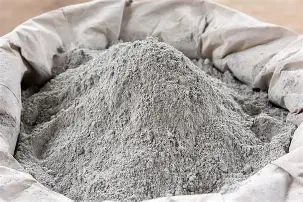
The Finishing Materials
This category includes everything that makes the house habitable, comfortable, and beautiful, and it’s where your budget gets most flexible. Finishing Materials usually take up 20% to 30% of the total budget.
- What it is: This covers all your windows (aluminum frames), doors (steel security doors and wooden interior doors), roofing sheets (like aluminum or stone-coated metal), electrical wires, light fittings, plumbing fixtures (toilets, sinks), and all the various floor and wall tiles.
- The Cost Factor: The difference between locally-made floor tiles and imported, high-grade Italian porcelain tiles can easily be ten times the price. Choosing a standard painted ceiling versus a sophisticated POP (Plaster of Paris) ceiling is another choice that rapidly influences this part of the budget.
Labour Cost
This is the essential cost of paying the hands that build your dream: the masons, carpenters, plumbers, electricians, and painters. Labour costs generally represent 15% to 25% of the total construction budget.
- Skilled vs. Unskilled: You pay different rates for skilled craftsmen (like the bricklayer and roofer) and unskilled laborers (who carry the blocks and mix the mortar). The daily or negotiated rates for artisans have more than doubled in the last two years due to rising cost of living and transport.
- Professional Fees: Don’t forget the Architects, Engineers, and Quantity Surveyors. While these fees are a small part of the total, hiring quality professionals saves you money in the long run by preventing structural mistakes and accurately managing the Bill of Quantities.
Final Thougts
Building a three-bedroom flat in 2026 is a marathon, not a sprint. The temptation to cut corners, especially on the foundation or by using subpar cement or steel, is high due to soaring costs. However, compromising on the structural integrity to save a few million Naira now will cost you multiples of that amount in repairs, failures, and risks later.
Your focus must be on structural quality first, then aesthetic finishes second. Hire a certified Quantity Surveyor to create your Bill of Quantities (BOQ); it is the single most important investment you will make to keep your finances in check.
Disclaimer
Please be aware that the costs and price ranges provided in this article are estimates based on general Nigerian market trends and professional forecasting for 2025. Prices for materials, including cement, steel, and granite, and rates for skilled labor change daily based on:
- The time of year (prices often spike in the dry season).
- Your specific location (Lagos prices are different from Enugu prices).
- Specific negotiations with your supplier or contractor.
You must always consult a local professional (Quantity Surveyor and Civil Engineer) to conduct a site-specific soil test and prepare a current, accurate Bill of Quantities (BOQ) before committing any funds. This guide is a planning tool, not a replacement for professional financial advice.
Also Read
Five Building Material and How their Prices affect you
Why Aluminium Roof is a Top Choice in Nigeria

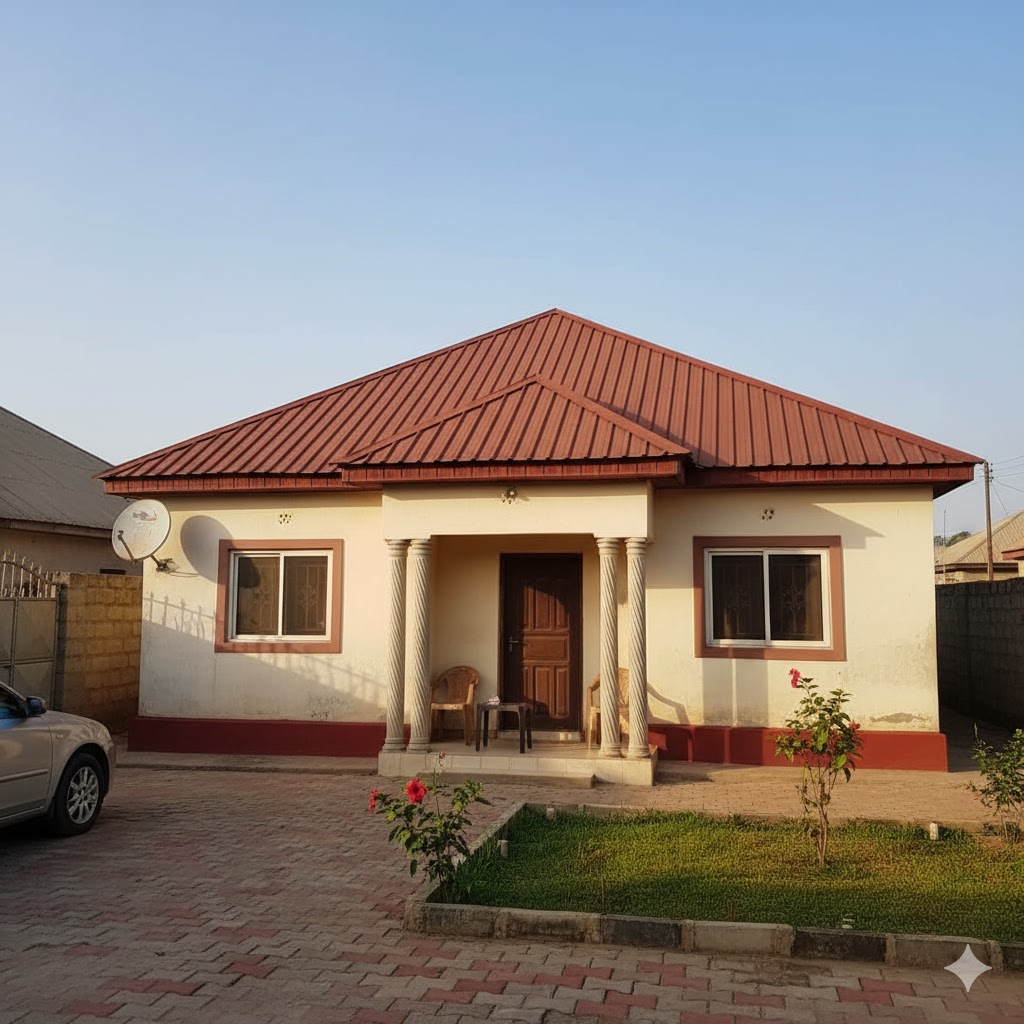


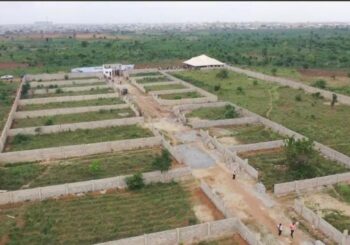

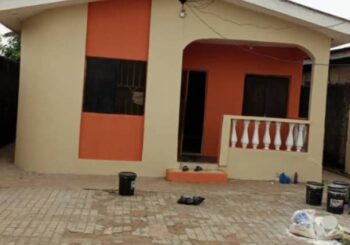

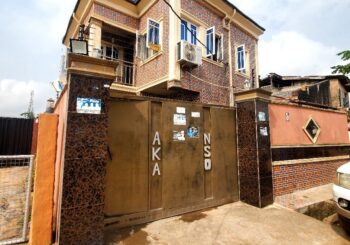
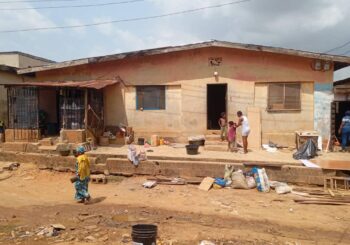
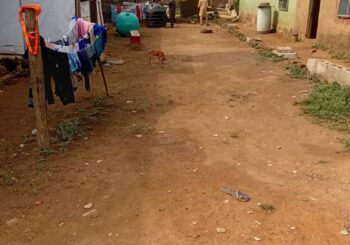
Leave Your Comment